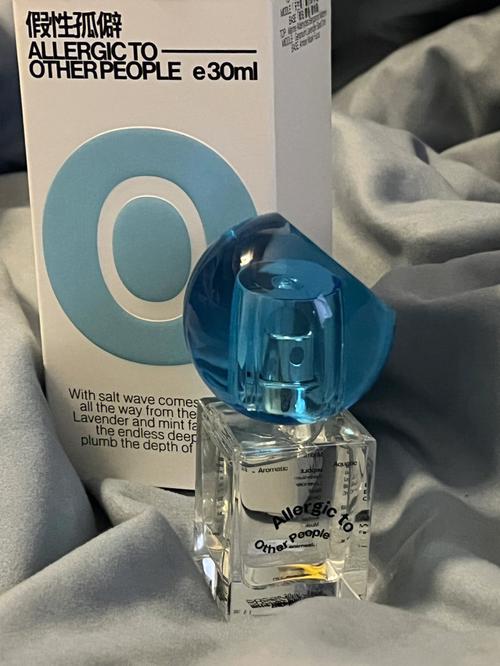
Understanding Allergic Reactions to Insect Bites
When you’re outdoors, enjoying the beauty of nature, the last thing you expect is to be bitten by an insect. However, for some individuals, an insect bite can trigger a severe allergic reaction, a situation that requires immediate attention and understanding.
What is an Allergic Reaction to Insect Bite?
An allergic reaction to an insect bite occurs when your immune system overreacts to the proteins found in the insect’s saliva. This reaction can range from mild to severe, with the severity often depending on the individual’s sensitivity to the allergen.

Common Causes of Allergic Reactions
The most common insects that cause allergic reactions include bees, wasps, hornets, ants, and mosquitoes. Each of these insects has its own unique venom composition, which can trigger an allergic response in susceptible individuals.
Recognizing the Symptoms
Immediate symptoms of an allergic reaction to an insect bite may include redness, swelling, itching, and pain at the site of the bite. However, these symptoms can escalate quickly, leading to more severe reactions.
| Severity of Allergic Reaction | Common Symptoms |
|---|---|
| Mild | Redness, swelling, itching, and pain at the bite site |
| Moderate | Wheezing, hives, and difficulty breathing |
| Severe (Anaphylaxis) | Swelling of the throat, difficulty breathing, rapid heart rate, dizziness, and loss of consciousness |
Immediate Actions to Take
If you suspect an allergic reaction to an insect bite, it’s crucial to take immediate action. Here are some steps you can follow:
- Remove the stinger if it’s still in the skin.
- Wash the bite area with soap and water to prevent infection.
- Apply a cold compress to reduce swelling and pain.
- Seek medical attention if symptoms worsen or if you experience difficulty breathing, swelling of the throat, or other severe symptoms.
Preventing Future Allergic Reactions
Preventing future allergic reactions involves avoiding exposure to the offending insect and taking precautions to minimize the risk of a bite.

- Stay away from areas where insects are known to be present, such as bee hives, ant hills, and tall grass.
- Use insect repellents containing DEET or picaridin, especially when outdoors.
- Wear protective clothing, such as long sleeves and pants, when in areas with a high insect population.
- Learn to identify the insects that commonly cause allergic reactions in your area.
Seeking Medical Attention
If you’ve experienced a severe allergic reaction to an insect bite in the past, it’s essential to seek medical attention. An allergist can help you manage your condition and provide you with an epinephrine auto-injector, which can be lifesaving in the event of a severe reaction.
Living with Allergic Reactions
Living with an allergy to insect bites can be challenging, but it’s important to stay informed and proactive. By understanding the risks, taking appropriate precautions, and seeking medical attention when necessary, you can minimize the impact of your allergy on your daily life.







